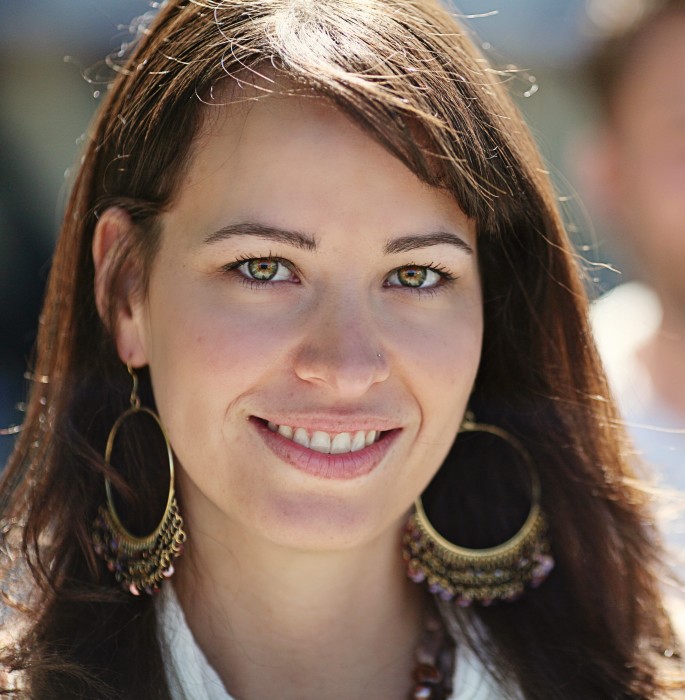How Tragedy Shaped My Calling – Reflections on the Colorado shooting(s)

On July 20, 2012 a series of text messages served as my alarm clock in the early morning hours. Messages from family members and dear friends flooded my inbox as news first emerged about the shooting that had occurred in theater 9 at Century Cinema in Aurora, Colorado. This was not the first time our community encountered horrific tragedy. I dare not wonder if it will be the last.
Just over 13 years ago, I received a phone call from my brother where he breathlessly commanded that I turn the local news channel on while I sat at my desk tackling my receptionist duties. At 19 years of age I worked as a receptionist by day and a high school youth group mentor at church by night. Though I had already experienced hardship and loss at that stage in my life, nothing could have prepared me for the news I was about to discover. As the image on the television came into focus my brain strained to make sense of what I was witnessing. Images of teenagers running frantically out of a local high school are still accessible to my mind’s eye.
Slowly it dawned on me that some of the teenagers seen leaping over the slain bodies of their fellow classmates were youth from our church. I grabbed my belongings, fled from the office and found myself pleading with God on behalf of these kids I had grown to love dearly as I drove straight towards the school. All surrounding roads were closed by the time I arrived and so I had no choice but to head to the church where I would remain well into the night. As our team of youth staff began to communicate and develop a strategy of action (clearly a coping tactic to gain a sense of control in the midst of sheer chaos) I took on the task of contacting and accounting for all 45 Columbine students that were connected to our youth group. By late evening, all but one had been accounted for. Many of them severely traumatized, but 44 of them were safe nonetheless. I remember staring for hours at the printed out roster with every name checked off except for Cassie Bernall’s.
The movie theater where this most recent shooting occurred is located only 20 miles east of Columbine. Though there are clear distinctions and unique narratives surrounding these two tragedies, I found the impact upon and response from the surrounding community to be intriguingly similar. From the frenzy of journalists to the social media posts and discussions – we all seemed to be grasping for answers of some sort. Why did this happen? What was the shooter’s motive? Was he mentally unstable or a calculated killer? How did everyone miss the warning signs? Why did my loved one lose his or her life or suffer serious injury while others walked away unharmed?
As human beings, we are meaning-makers and meaning-seekers. It’s not surprising that when a traumatic event occurs meaning becomes confused, distorted or is called into question entirely. It seems that when this disruption happens many people instinctually turn to one another for answers and comfort because when contending with traumatic loss we no longer know which way is up and which way is down. Some struggle to move toward others and instead withdraw and turn inward. I believe that turning towards one another can lead us to a pathway of healing.
What are we desperately searching for when we turn toward the face of another? Might it be the redemption and restoration of meaning in our stories that have been uniquely marred by trauma and loss? In my experience, it has been the collective wrestling in the aftermath of tragedy that has resulted in re-imagining one’s own unique story in the larger context of a grander story.
There are some who immerse themselves in the process of investigating events such as Columbine and the Aurora theater shooting and their findings can ultimately prove to be helpful as we process how we can attempt to prevent as well as respond to such tragedies in the future. And yet, we may never be able to fully understand why something tragic happens, but over time it is possible to identify and name where such tragedy molds and shapes our own lives.
Without a doubt, my journey in becoming a therapist was intricately connected to the impact that the shooting at Columbine had upon my own life. I discovered in that season of chaos, confusion and heartache that I had the capacity to enter deeper into the mystery of the human experience. And I learned that people whose lives had been busted open at the seams by loss and trauma needed more than spiritual Band-Aids and expressions of sympathy. They needed people willing to tread through their ravaged reality alongside of them in order for hope and meaning to be born once again. My greatest desire for those connected to the recent tragedy in Aurora, is that as they move through their own process of grief and collective wrestling that they too rediscover and reimagine meaning in their individual lives.
Shauna Gauthier is a private practice therapist in Lone Tree, Colorado where she works primarily with adolescent girls and women. Learn more at: www.emergecounseling.org
